
Wikipedia places the book in this context: “With the fall of the Iron Curtain in 1989, le Carré's writing shifted to portrayal of the new multilateral world. For example, The Night Manager, his first completely post-Cold-War novel, deals with drug and arms smuggling in the murky world of Latin America drug lords, shady Caribbean banking entities, and look-the-other-way western officials.”
Unlike a majority of le Carré’s which involve people already in the spy trade–or who are at least ingrained within the government and its secret agendas and find themselves more deeply and involuntarily entangled in it–The Night Manager depicts Jonathan Pine, a British soldier turned luxurious hotel night auditor . Pine experiences a series of events that compel him to take an action which drives him straight into the heart a precarious situation, to offer his services to a secret British agency, to balance the scales of justice. There’s a clarity and directness to the novelist’s story and character moves, that are less moody and equivocal than le Carré’s others, and in turn deliver a more traditional and satisfying (to this American reader’s palate) denouement. While there are rich shadings on to all the character’s sense of moral compass, as is traditional in le Carré’s stories, this book gave me someone to root for more emphatically, rather than bear witness to actions and sometimes tragic consequences as they unfold in many of le Carré’s story worlds. And there’s a nice love story. A number of le Carré’s books have been made into movies, and I see that this is now being prepared as a six part television series for BBC television (for 2016 release). I think it will translate well into that medium.
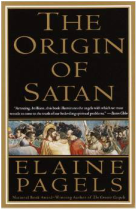
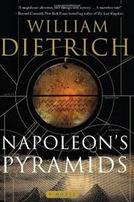
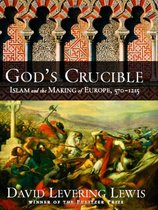
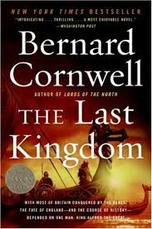
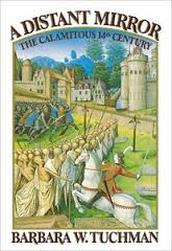
 RSS Feed
RSS Feed
